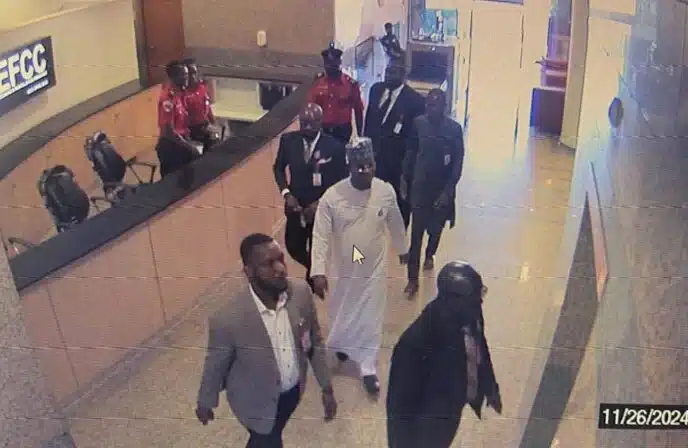Nigeria’s Electricity Distribution Companies (DisCos) have raised the prices for various electricity meter models, marking the second increase within four months.
According to DisCos, the price of a single-phase meter has risen from around ₦117,000 to up to ₦149,800.
This adjustment, depending on the distribution company and meter vendor, represents an increase of 28.03% or ₦32,800.
The new prices, published on the DisCos’ official X accounts on Wednesday, were scheduled to take effect from Tuesday, November 5, 2024.
This hike aligns with the deregulation of meter asset providers as directed by the Nigerian Electricity Regulatory Commission (NERC).
This revision follows an earlier price increase in August 2024, raising concerns among consumers about the affordability and accessibility of metering services.
A review of the documents shows that meter prices vary among DisCos due to differences in vendors and meter types (single-phase and three-phase).
– Eko DisCo priced its single-phase meters between ₦135,987.50 and ₦161,035, while three-phase meters are listed between ₦226,600 and ₦266,600.
– Ibadan DisCo set single-phase meters at ₦130,998 to ₦142,548, and three-phase meters range between ₦226,556.25 and ₦232,008.
– Abuja DisCo charges ₦123,130.53 to ₦147,812.50 for single-phase meters and ₦206,345.65 to ₦236,500 for three-phase meters.
– Kano DisCo lists single-phase meters between ₦127,925 and ₦129,999, while three-phase meters cost between ₦223,793 and ₦235,425.
– Kaduna DisCo prices single-phase meters from ₦131,150 to ₦142,548.94 and three-phase meters from ₦220,375 to ₦232,008.04.
In April, NERC implemented a significant policy shift by deregulating meter prices under the Meter Asset Provider (MAP) scheme. This move aims to address ongoing issues around meter supply and pricing transparency.
Under NERC’s new directive, meter prices under the MAP scheme will now be set through competitive bidding rather than centralised regulation. This is intended to boost competition among providers, ideally resulting in more cost-effective and efficient services for end-users.
The deregulation also removes previous operational restrictions, allowing MAP permit holders to operate across all electricity distribution companies in Nigeria, provided they meet specific regulatory standards to ensure service quality.
Previously, NERC had regulated meter prices and often subsidised them across DisCos to lower costs for customers. Although this approach aimed to make metering affordable, it unintentionally reduced competition and limited transparency in the supply chain.
Consequently, DisCos and customers were restricted from negotiating better deals with vendors, contributing to system inefficiencies.
With deregulation now implemented, NERC expects a more competitive metering environment where both customers and DisCos can benefit from competitive pricing, enhanced service quality, and increased accountability among meter providers.

 2 weeks ago
2
2 weeks ago
2















 English (US) ·
English (US) ·